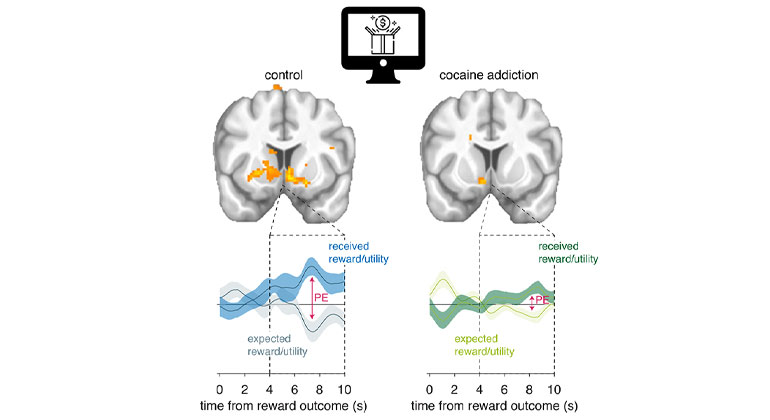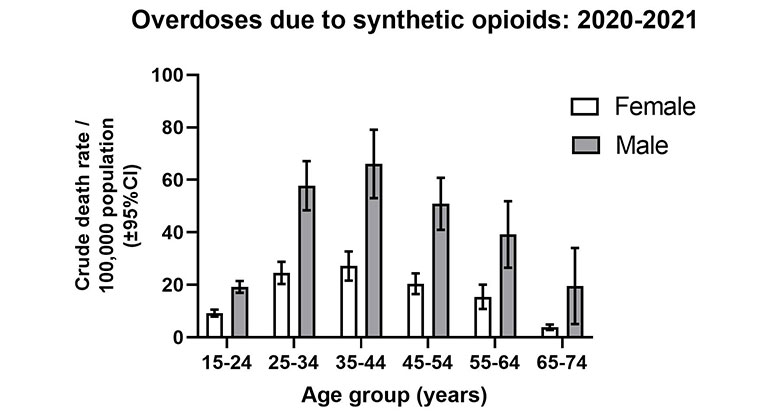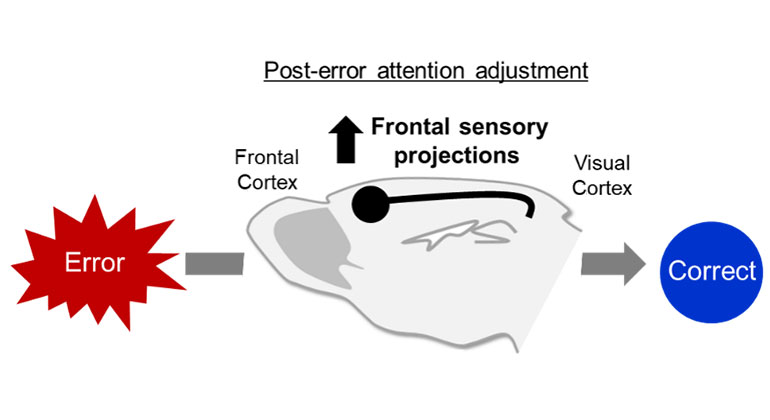Mount Sinai Researchers Identify Protein Involved in Cocaine Addiction
Signaling Pathway Can Be Studied to Develop New Drugs to Treat Cravings Without Abuse Potential
Mount Sinai researchers have identified a protein produced by the immune system—granulocyte-colony stimulating factor (G-CSF)—that could be responsible for the development of cocaine addiction.
A study showed that G-CSF can alter a mouse’s desire for cocaine, but not for other rewards. This effect is modulated by a brain region that plays a central role in reward processing and addiction. If applicable to humans, these findings represent a potential therapeutic approach to decrease a cocaine addict’s motivation to seek the drug without introducing a potential new substance for abuse.
The results of the study will be published online in Nature Communications on January 16th at 11am EST.
Previous research has demonstrated a link between cocaine use and the immune system in humans and animals, with addicts showing altered immune responses to drugs and drug cues. In this study, the research team identified G-CSF—a cytokine produced by immune cells which was expressed at higher levels in both the blood and brain in mice that were treated with repeated doses of cocaine —. Injecting G-CSF into the nucleus accumbens, a brain region associated with reward, causes mice to take more cocaine, but does not change their motivation to consume a more natural reward, sugar water. Conversely, injecting an antibody that neutralizes G-CSF in the nucleus accumbens can reduce the mouse’s motivation to take cocaine.
Taken together, the results from this study suggest that manipulating G-CSF in the reward center of the brain changes the biochemical signals that push animals to take cocaine.
“The results of this study are exciting because outside of 12-step programs and psychotherapy, no medication-assisted therapy exists to treat cocaine addiction,” said the study’s senior author, Drew Kiraly, MD, PhD, Assistant Professor of Psychiatry at Icahn School of Medicine at Mount Sinai. “Drugs that manipulate G-CSF already exist as FDA-approved medications. Once we clarify how G-CSF signaling can best be targeted to reduce addiction-like behaviors, there is a high possibility that treatments targeting G-CSF could be translated into clinical trials and treatments for patients.”
This study was supported by NIH grants DA044308, P01-DA008227 and DA042111 and from funds for the Brain and Behavior Research Foundation, the Leon Levy Foundation, and the Seaver Family Foundation.
About the Mount Sinai Health System
Mount Sinai Health System is one of the largest academic medical systems in the New York metro area, with 48,000 employees working across seven hospitals, more than 400 outpatient practices, more than 600 research and clinical labs, a school of nursing, and a leading school of medicine and graduate education. Mount Sinai advances health for all people, everywhere, by taking on the most complex health care challenges of our time—discovering and applying new scientific learning and knowledge; developing safer, more effective treatments; educating the next generation of medical leaders and innovators; and supporting local communities by delivering high-quality care to all who need it.
Through the integration of its hospitals, labs, and schools, Mount Sinai offers comprehensive health care solutions from birth through geriatrics, leveraging innovative approaches such as artificial intelligence and informatics while keeping patients’ medical and emotional needs at the center of all treatment. The Health System includes approximately 9,000 primary and specialty care physicians and 11 free-standing joint-venture centers throughout the five boroughs of New York City, Westchester, Long Island, and Florida. Hospitals within the System are consistently ranked by Newsweek’s® “The World’s Best Smart Hospitals, Best in State Hospitals, World Best Hospitals and Best Specialty Hospitals” and by U.S. News & World Report's® “Best Hospitals” and “Best Children’s Hospitals.” The Mount Sinai Hospital is on the U.S. News & World Report® “Best Hospitals” Honor Roll for 2024-2025.
For more information, visit https://www.mountsinai.org or find Mount Sinai on Facebook, Instagram, LinkedIn, X, and YouTube.
CBD Reduces Craving and Anxiety in People With Heroin Use Disorder
May 21, 2019 View All Press Releases




